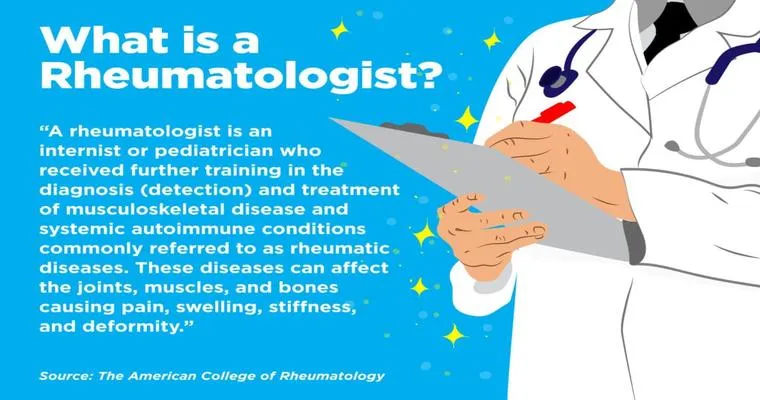Caring for an elderly loved one, especially a "94-year-old mother" suffering from "rheumatoid arthritis" and "osteoarthritis", can be incredibly challenging, particularly when it comes to managing "excruciating pain". If you find that her pain isn’t being managed effectively, it’s crucial to explore various options to help improve her quality of life. This article will discuss several strategies that can alleviate her discomfort and enhance her overall well-being.
Understanding the Conditions
"Rheumatoid arthritis" is an autoimmune disorder that primarily affects the joints, leading to inflammation, pain, and sometimes deformity. On the other hand, "osteoarthritis" is a degenerative joint disease that occurs when the cartilage that cushions the joints wears down over time. Both conditions can lead to significant "pain", stiffness, and reduced mobility, particularly in someone as advanced in age as your mother.
Evaluate Current Pain Management Strategies
Before pursuing new treatment options, evaluate her current pain management strategies. Consider the following:
1. "Medication Review": Speak to her healthcare provider about her current medications. Are they effectively managing her pain? Sometimes adjustments or changes in dosage can make a substantial difference.
2. "Non-Pharmacological Therapies": Explore alternative therapies such as physical therapy, acupuncture, or massage therapy. These methods can provide relief from pain and improve mobility without the side effects of medications.
3. "Assistive Devices": Encourage the use of assistive devices like walkers or canes, which can help reduce strain on her joints and enhance her mobility.
Consult with Healthcare Professionals
Engaging with a team of healthcare professionals is essential. Here are steps you can take:
1. "Rheumatologist": Consult a specialist who can provide targeted treatments for rheumatoid arthritis. They may suggest biologic medications that can help reduce inflammation and pain.
2. "Pain Management Specialist": A pain management expert can offer various treatment options such as corticosteroid injections, nerve blocks, or other advanced therapies that may not be part of the standard care.
3. "Geriatrician": A geriatrician specializes in the care of older adults and can help coordinate her overall treatment plan, ensuring all aspects of her health are considered.
Consider Lifestyle Changes
Making lifestyle changes can significantly impact pain management:
1. "Diet": Incorporate anti-inflammatory foods such as fatty fish, nuts, berries, and leafy greens into her diet. A balanced diet can play a vital role in managing arthritis symptoms.
2. "Exercise": Encourage gentle exercises like swimming or walking, which can help maintain joint function and reduce stiffness. Always consult her healthcare provider before starting any new exercise regimen.
3. "Weight Management": If she is overweight, losing even a small amount of weight can reduce stress on her joints, particularly in the hips and knees.
Emotional Support and Quality of Life
Pain management is not just about physical health; emotional well-being is also crucial. Consider the following:
1. "Support Groups": Look for local or online support groups for individuals with arthritis. Sharing experiences with others can provide comfort and practical advice.
2. "Mental Health": If her pain is leading to feelings of depression or anxiety, consider speaking to a mental health professional. They can provide coping strategies and therapy options.
3. "Family Involvement": Keep communication open within the family. Regular visits and check-ins can help her feel less isolated and more supported.
Concluding Thoughts
Managing excruciating pain from rheumatoid and osteoarthritis in a "94-year-old mother" requires a multi-faceted approach. By evaluating current treatment strategies, consulting healthcare professionals, considering lifestyle changes, and providing emotional support, you can make significant strides in improving her comfort and quality of life. Remember, persistence is key, and advocating for her needs will ultimately lead to better outcomes.





